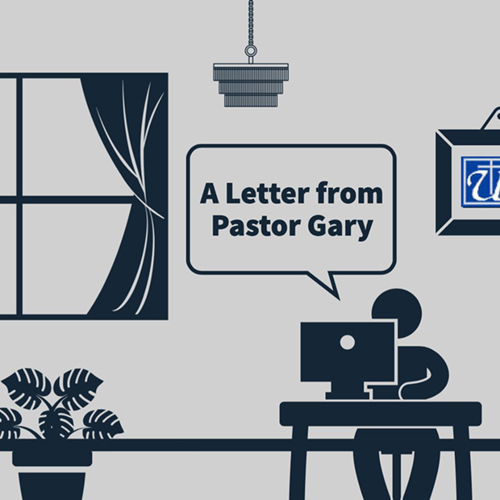
So, when did science become just another opinion in the vast sea of thoughts and ideas? Science is more than an opinion. Science comes to conclusions generally understood as facts. These facts sometimes are built upon over time and at other times are found to be wrong or inadequate. Yet many endure. When they are found to be wrong, it is also generally science that discovers this to be so and makes the appropriate changes.
The church’s relationship with science is a mixed bag. Neither Copernicus nor Galileo’s ideas about the sun being the universe’s center with the earth orbiting the sun was well-received by the church. The church went so far as to imprison Galileo and it took many years for the church to come around to this understanding now accepted as scientific fact. On the other hand, Gregor Mendel, a monk, is seen as the founder of the science of genetics.
The church remains divided today on evolution. Mainline Christianity including Roman Catholicism, accepts evolution; fundamentalists and most evangelicals deny evolution. Yes, evolution is “only a theory”, unproven by scientific method. Remember, gravity also remains an unproven, scientific theory. Yet most evidence falls greatly on the side of evolution and most evidence falls (no pun intended) on gravity’s side.
There is great danger when one thinks of science as merely opinion. The danger is we can easily dismiss science and ignore its warnings or its abilities to help. I think of vaccines, global warming, pollution, and our current pandemic….literally life and death issues. Science may not provide all the answers, but it has more trustworthy explanations and conclusions than the opinions of our neighbors, politicians, or “experts” on the internet. When you are ill, do you go next door or to the doctor? Who might best help you heal?
Too often I hear Christians understand science as a plot to undermine Christianity and faith in God. Quite the opposite! I am convinced God gave us a brain as our greatest gift and science is a highly organized and sophisticated way to put this brain to use individually and collectively. What amazes me is how many “science deniers” are alive because of science. Medications, treatments, equipment created and designed by the best scientific knowledge of the human body, chemistry, physics and so on work together to bring healing to many who would have long ago died from something they now, through science, have been able to overcome. Would we prefer medicine operates on opinions or science? Why is it we demand science when ill, but deny it when its conclusions are inconvenient to our lifestyle or ideology?
My internship was in Los Alamos, NM. In a previous congregation I had the leaders of most major science departments at Colorado State in my congregation. Here we had Allan Bieber, chemistry professor and founder of ASU’s bio-chem program in our community. I was always impressed by the hours of hard work and tremendous patience all these scientists had doing experiments over and over sometimes for years until a conclusion on their research could be drawn. I was always impressed that often their best scientific conclusion was, “I don’t know.” They were, one and all, devoted to science, not affirming ideas or ideologies. Their attitudes seemed to parallel Thomas Edison’s thoughts as over 10,000 times he tried to develop the light bulb. Edison did not see 10,000 failures. He saw 10,000 learning experiences.
Science does not compete with faith. Yes, science can become a god. So can politics, leisure, money, comfort, consumerism, and many other things. Science and faith are complimentary. They cover different arenas of life. For example, creation in Genesis is not about science. It is about God. It is about our relationship to God, it is about human sin being the responsibility of humans. It is about our role to care for God’s creation. Science tells us how this creation works. Scripture/faith tell us who and so what. Science tells us how.
Science cannot, on the other hand, talk about the meaning of life. It can only dissect, study, probe, and work to understand the biological and physical parts of life. Some time ago I read a book researching scientists and faith. It concluded a higher percentage of scientists were involved in churches/synagogues, than most any other field of academia.
Faith and science have the same beginning: Questioning. Faith questions the meaning of existence while science probes its reality. Faith lifts its sights above and beyond what we see while science looks it right in the eye. Life needs both. And one needs to dialogue with the other and question each other.
No, science is not an opinion. Neither is faith. For the faithful, both are important navigational tools created to work in partnership through this very physical and spiritual world and life.
This allows even the most faithful to have a little faith in science too.
